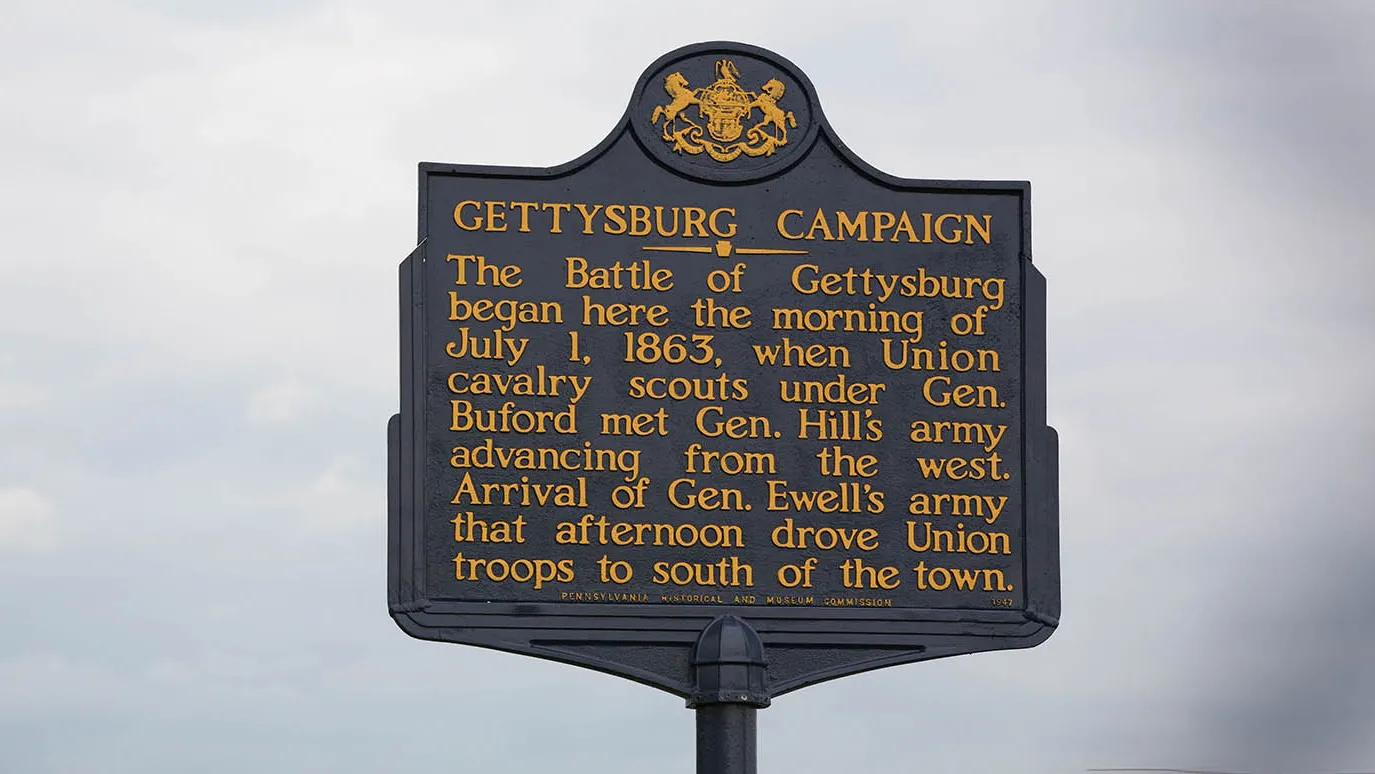Alan Llavore | Office of Marketing and Communications | (909) 537-5007 | allavore@csusb.edu

As the country moves toward another presidential election and pundits point to increasing political polarization, a team of scholars from Cal State San Bernardino and the University of Central Florida have published a study on the possibility of the United States going through a second civil war.
In the study, “Another Civil War in America? Comparing the Social Psychology of the United States of the 1850s to Today,” authors Montgomery Van Wart, Cary M. Barber and Miranda McIntyre of Cal State San Bernardino, and Jeremy L. Hall of the University of Central Florida, examined the much-discussed idea of a second civil war by doing research on the social psychology of the U.S. in the 1850s preceding the U.S. Civil War and today. The study was published in the journal, Administration & Society.
The study’s abstract reads: “Scholars warn that another American civil war is increasingly plausible, if still unlikely; professional political commentators express greater concerns. This study examines the likelihood of another U.S. civil war by comparing perspectives of the 1850s with those of today by using a negative social capital framework as the analytic lens. The analysis finds striking similarities between the two periods. Yet, civil war is a relatively rare phenomenon in developed countries, and the analysis also points to contemporary mitigating examples. At least for the foreseeable future, more likely are trajectories moving toward other types of social unrest short of civil war: ongoing civil strife, additional insurrections, decades-long intraregional political gridlock causing widespread administrative dysfunction, and even a failure to relinquish power. The negative social psychology has already had an extraordinary impact on public administration and is unlikely to decrease in the near term; it may yet increase exponentially as it did in the 1860s.”
Overall, the authors found deep similarities, such as the demonization of opponents, ideological narrowing of news sources, and the success of champions of polarization. While they find the likelihood of a “hot” civil war still low based on the comparative study barring a trigger event, they find the likelihood of other types of social and political upheaval to be very high for the foreseeable future.